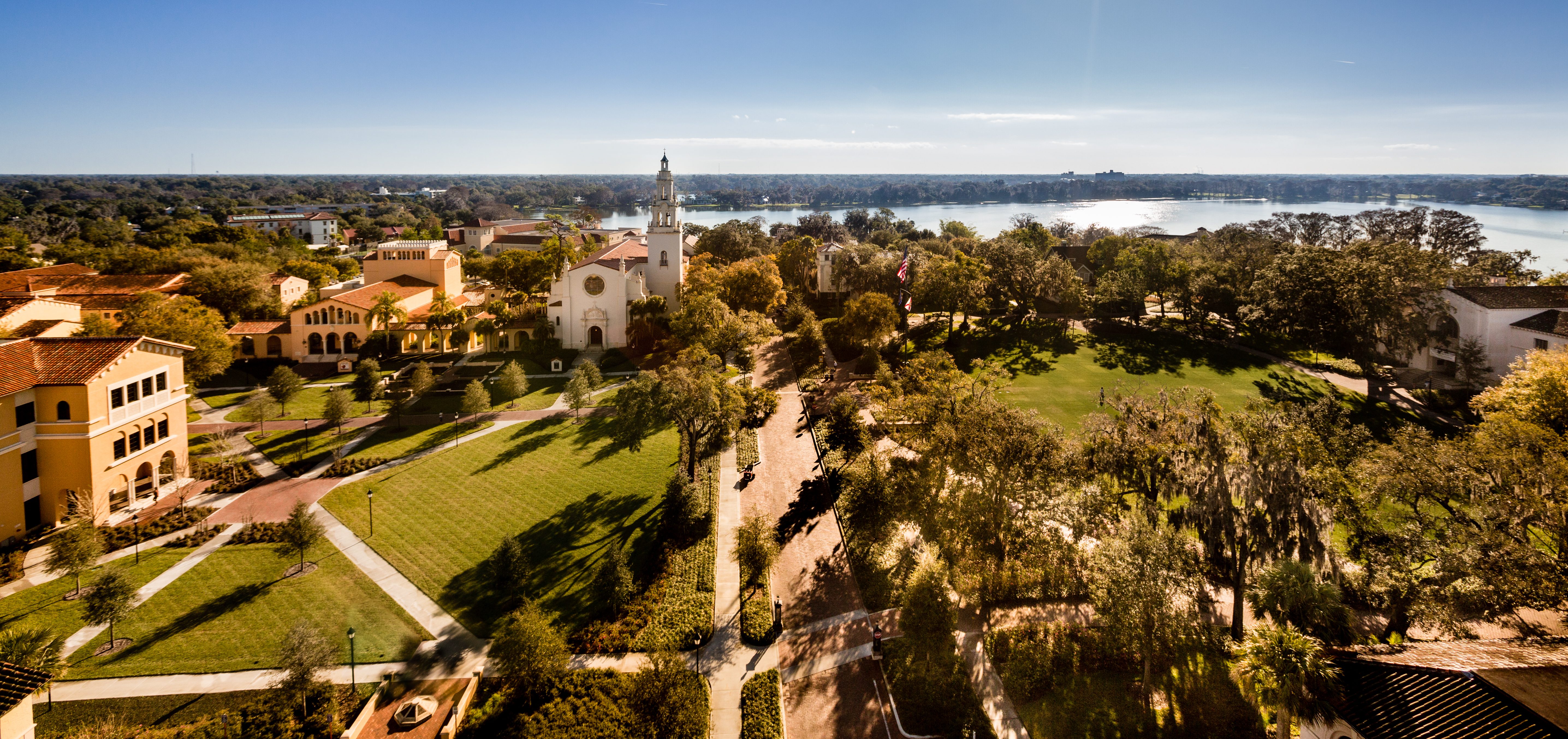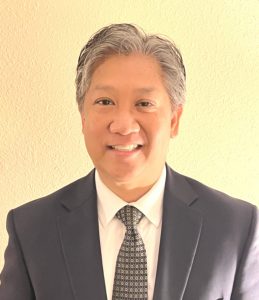Rollins has hosted a summer day camp every summer for 48 years—every summer, that is, until now. Most Rollins students may not be aware, but the college usually hosts a summer day camp each June and July for local elementary school kids between the ages of 5 and 11. Many campers enrolled in the wake of older siblings and even their parents. Each year the children would take over the campus, eating lunch in Dave’s Down Under, playing tennis at the Copeland court, practicing outdoor team sports at the Mary-Jean Plaza beach volleyball court, swimming at the Alfond Pool, making arts and crafts in the Cornell Fine Arts Center, and sailing on Lake Virginia. Other classes offered included Aeronautics, Art Through the Ages, Building Structures, Creative Theater, World Drumming, Book Club, Zoology, STEMming, and Fun with Forensics.
An email from Assistant Camp Director Meg Kuecker went out to former summer camp employees at the end of August announcing the close of the program. The explanation given was that the college had decided to put its resources toward more academic summer programs. At a faculty meeting just before Fall Break, the decision came back into the public eye. Some professors were taken aback by the news, particularly English Professor Jill Jones, whose daughter was a returning counselor for the camp.
“I was surprised that this decision was made without any discussion by the community—the faculty, and as far as I know, most staff, had no idea that anybody was considering shutting down Rollins Camp. Typically, a campus like Rollins would have a transparent decision-making process, where everybody received information and participated in a dialogue. It is, of course, a little sad that Rollins Camp is closing. Since there has been no real dialogue about what will replace it or whether anything will, I can’t say much about that. I can’t even comment on whether or not it was a good decision because it was announced as a done deal without much explanation,” said Jones.
The decision was made by the college President and Vice President back in early 2015, but the proposal for the camp’s close was made by Assistant Vice President Pat Schoknecht. She said that she had spoken with several campus groups whom she thought might have been affected by the camp’s closing, including the camp’s senior staff. Schoknecht stands by the decision and is excited about integrating more academic summer programs where campers will be able to live on campus, such as the already-adopted Duke Talent Identification Program. She proposed closing the day camp in lieu of the many summer sports camps because, unlike the sports camps who solely used the fields around campus, the day camp was also taking up classrooms and meeting rooms that the college wanted free for other purposes. Schoknecht believes that while Rollins Summer Camp was once unique, there are many more summer programs in central Florida that offer much of the same activities.
Although many legacy families and others have expressed their displeasure with the close, Schoknecht said, “That is actually a great testament to the quality of the program that Rollins offered. If we stopped a program and no one cared, we wouldn’t have been doing a very good job.”
Former returning counselor Yesenia Loor ’17 lamented the close. “When I read the email about the camp closing, at first, I was sad. I truly enjoyed working with the campers in the activities we had to offer. I think the single thing I’ll miss most is the campers. Many of them ask us, the counselors, if we will be returning next year and look forward to spending another summer with us. Although the camp is closing, I just hope I left an impact with the children and helped them enjoy their time here with us.”
As a former returning counselor myself, I can still hear the words of a fifth grade camper named Soriah, who would be going on to middle school and was saying good bye to her summer home of several years. Soriah eagerly told me that in six years, when she would be 16 and eligible, she would come back as a camp counselor; she demanded that I apply to be a teacher so she could see her favorite counselor again. Unfortunately, it seems that Soriah’s dream will not be realized.










Be First to Comment